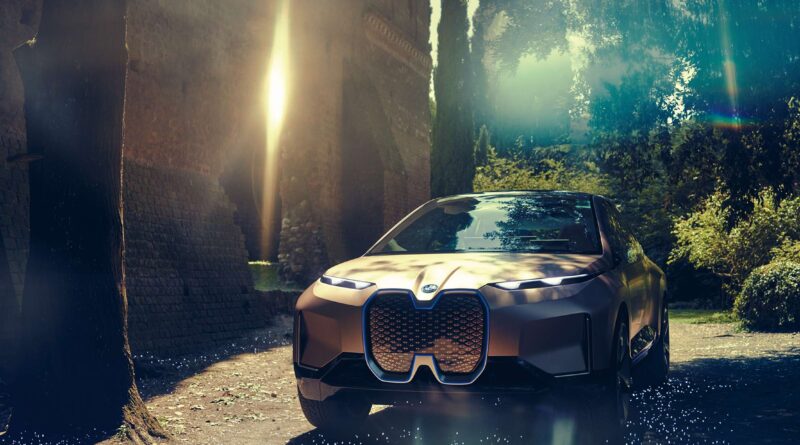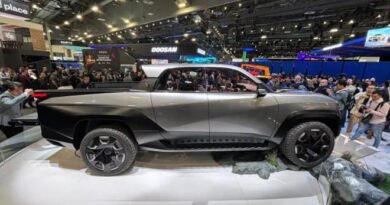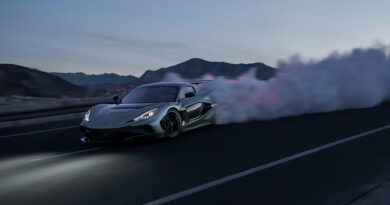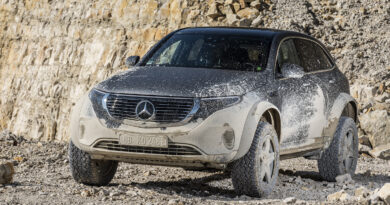Most EV brands ‘don’t survive for too long’: BMW
Making cars is a lot more than flashy concepts and slick marketing, according to BMW.
BMW has defended its place as a traditional car maker against the steady influx of EV start-up brands hoping to upset the automotive status quo.
For more than a decade traditional car makers – including BMW and its luxury rivals – have watched dozens of EV start-ups arrive with bold ambitions and big claims, many of which fall flat once the serious (and expensive) business of building cars enters the equation.
Only one – Tesla – has stuck, to the point where the likes of BMW have had to start belatedly fighting back.
But BMW also wants to set the record straight – in turn taking a swipe at some of the dreamers.
“We are following with great interest what they are doing there and the general development we are observing is that there have been many newcomers in the field of car manufacturing who are claiming that they have the right recipes for the digital age, for the 21st century and that the business model of the established car manufacturers is an outdated one,” said BMW electromobility expert Wieland Bruch.
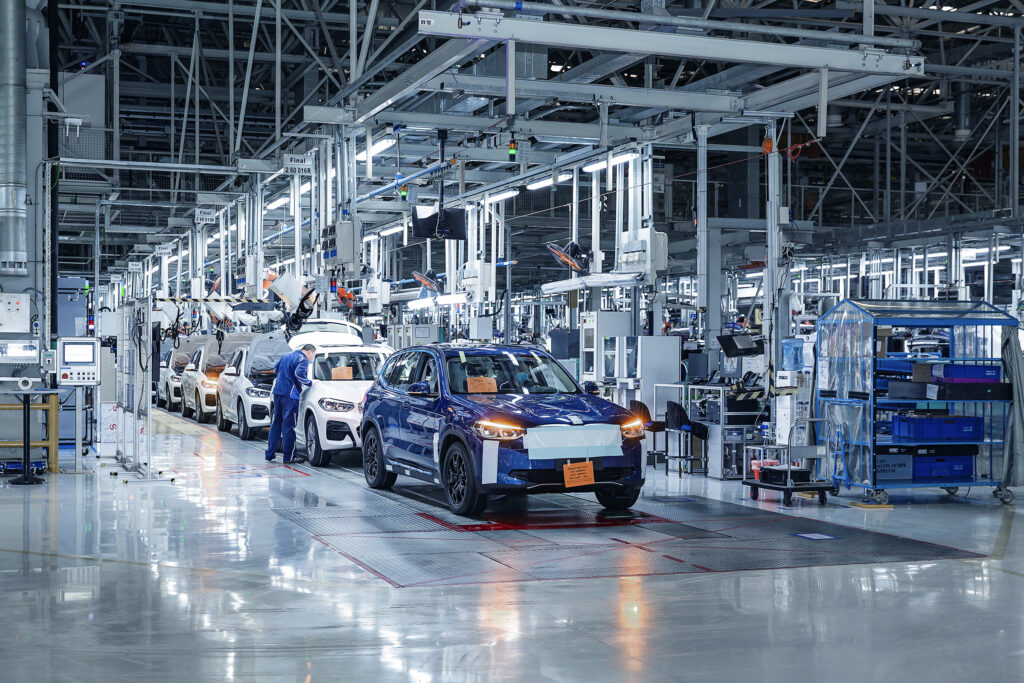
“We are also observing that most of these new car brands don’t survive for too long. It seems what they have in common is a very promising marketing at the very beginning, then they show a concept car, which in many cases also is promising.
“And whenever it then comes to enter series production and establishing a supplier network and building many hundreds of cars per day in excellent quality – that seems to be an art that comes with some challenges and which also seems to be the discipline where the mature and established brands have their strength.”
Just recently Chinese maker Byton temporarily closed its operations, with many predicting it is gone for good.
And former BMW and Aston Martin designer Henrik Fisker has had two failures before trying again with the Fisker brand.
Bruch said decades of manufacturing cars left the traditional car makers well prepared to adapt to the increasingly electrified car world.
“The traditional automotive industry business model is probably not as outdated as some of the newcomers might wish to tell the public,” he said.
“We are currently proving that there is quite a future for the established car brands and we wish all the newcomers much luck with establishing a profitable business model that goes beyond showing the concept car at a car show.”
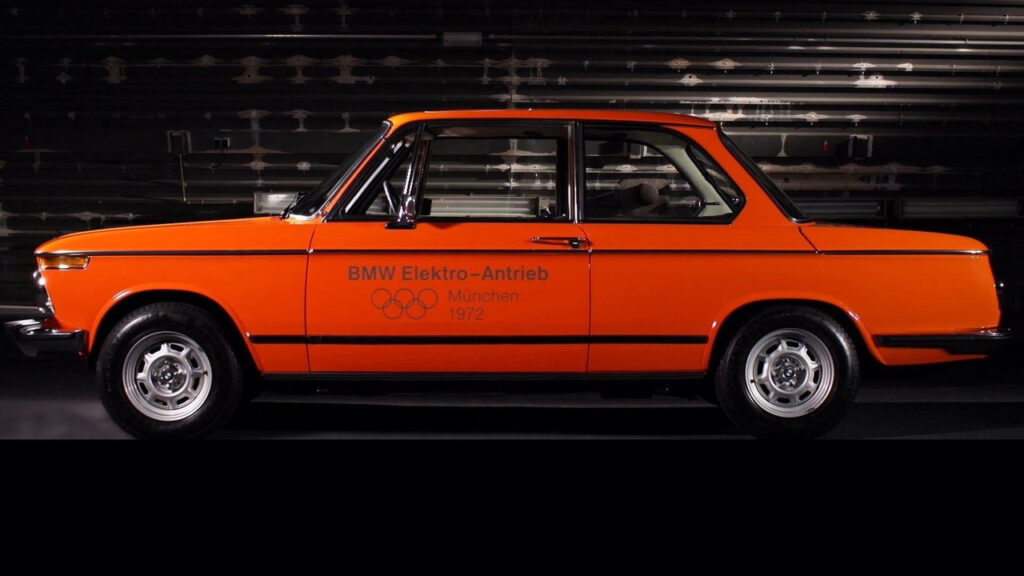
There’s obviously one standout among the aspirational EV start-ups: Tesla.
The California-based brand has singlehandedly shifted the thinking on electric cars and showed the traditional car makers how to make it work.
While established brands fluffed around with efficient but uninspiring electric city cars that looked more like science experiments, Tesla targeted the top end of town.
Tesla also focused on technology and made its designs simple but attractive, while endowing its electric cars with supercar-like acceleration.
The combination put electric cars on the automotive map and forced other car makers to follow suit. Tesla is now a highly desirable brand, to the point where many aspire to own one over a Ferrari or Lamborghini.
It’s almost certain EVs would have been years behind where they are now if it weren’t for Tesla.
Bruch acknowledged Tesla’s success while gently reminding of BMW’s heritage. He said BMW had a responsibility to its 30 million owners around the world to make a logical transition to EVs.
He also pointed to the well-publicised financial woes of Tesla; while Tesla is now the world’s most valuable car maker, only last month did Tesla post four consecutive quarters of profit for the first time in its history.
“The Tesla brand were able to convince their stakeholders to get the money without the promise of paying a dividend for the next many years,” said Bruch, clearly impressed that those investors accepted the sales pitch.
“That is, admittedly, quite an achievement. I think if we asked our stakeholders ‘we have some brave ideas here and we would like to ask you to not expect a dividend for the next many years’ that is not an agreement we would get from our stakeholders.
“We have to earn a dividend every year.”
Ah yes, profitability. That often elusive target of so many car makers…

